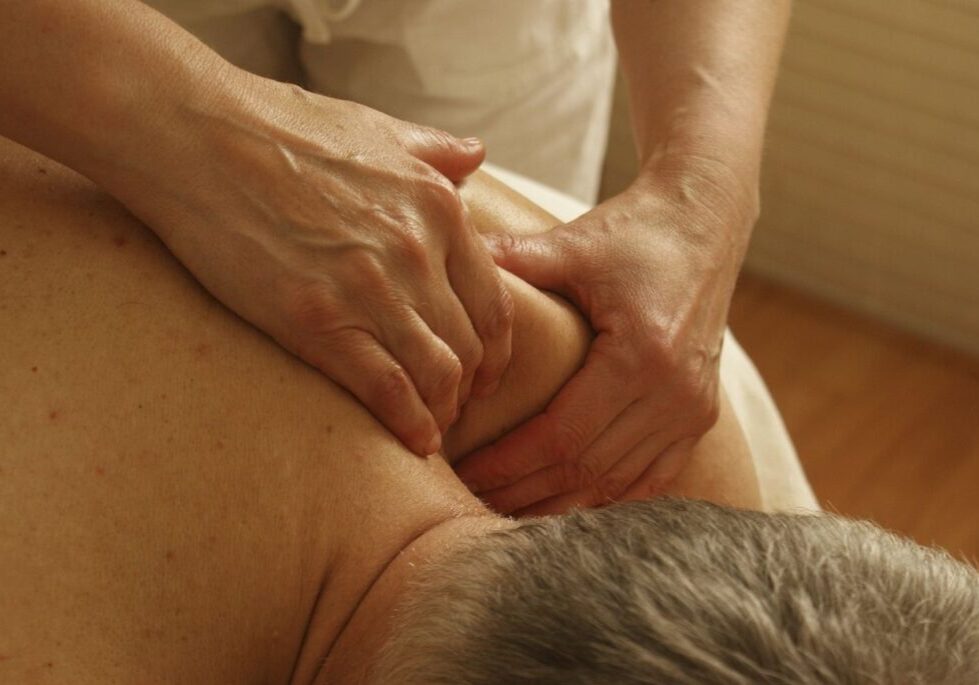Rotator cuff tears are a common musculoskeletal condition that can significantly impact shoulder function and overall quality of life. The rotator cuff is a group of four muscles and their associated tendons that stabilize the shoulder joint and facilitate various arm movements. Tears can occur as a result of acute injuries, repetitive stress, or degenerative changes due to aging. Understanding the underlying causes, symptoms, and treatment options is key for effective diagnosis and management, enabling optimal recovery and restoring functionality.
Pain and Discomfort
The most noticeable symptom of a rotator cuff tear is shoulder pain. This pain often occurs during movement, particularly when lifting the arm or reaching overhead. Over time, discomfort may persist even at rest, including during sleep, especially when lying on the affected side. Individuals sometimes report a dull ache deep in the shoulder. Pain may also extend into the upper arm, but it rarely spreads below the elbow. The intensity varies, depending on the severity of the tear.
Acute tears caused by injuries may lead to sudden, sharp pain, while gradual degeneration usually results in consistent, milder discomfort that worsens over time. Other symptoms may include weakness in the shoulder, reduced range of motion, or a clicking sensation when moving the arm. Early diagnosis and treatment are key to avoiding further damage and regaining shoulder function.
Weakness and Limited Motion
Weakness in the shoulder is a common indicator of a rotator cuff tear. Tasks that involve lifting or rotating the arm become challenging. Individuals may struggle with everyday activities, such as putting on clothing, carrying bags, or reaching overhead.
The reduced range of motion is another significant symptom. The arm may feel stiff, and movements like combing hair or fastening a seatbelt can feel restricted. Some people describe a catching or locking sensation when attempting certain motions. These functional limitations occur because the damaged tendons cannot support the shoulder joint effectively.
Popping or Clicking Sensations
Some individuals with rotator cuff tears report unusual sensations in the shoulder. These include popping, clicking, or cracking sounds during movement. While such sensations can occur in healthy shoulders, their frequency and discomfort may increase with a tear. This results from irregularities in the shoulder joint mechanics when tendons are damaged, leading to uneven movement during activity.
Swelling or tenderness near the front of the shoulder might accompany these sensations. This is more common in cases of severe tears or associated conditions, such as bursitis or inflammation of surrounding tissues. Over time, untreated tears may worsen, causing reduced mobility, increased pain, and potential complications that could affect daily activities or overall shoulder function.
Learn About a Rotator Cuff Tear
Identifying and addressing shoulder injuries is key to maintaining joint functionality and overall quality of life. Early diagnosis and intervention can prevent further damage and improve outcomes significantly. Individuals experiencing persistent shoulder discomfort, reduced range of motion, or associated symptoms should consult a healthcare professional to determine the appropriate treatment plan. Awareness and proactive care can help preserve shoulder health and restore optimal movement.

Leave a Reply